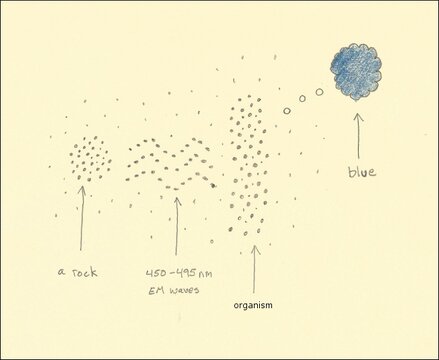The Hard Problem - in its own words
I'm going to let this represent those who deny that there is a hard problem ... there's not necessarily one line to sumhis position up, but the article is short.
First, this definition of philosophy:
It’s just inquiry, unbounded (in principle at least) by any fixed assumptions. While scientific and religious endeavors can be self-questioning as well, there’s a limit to that self-questioning; you have to grant some foundational principles as true (e.g. about natural laws or the existence of God) as true before you can get far enough into your inquiry to figure out what questions are still to be answered. The same is true, of course, of particular philosophic inquiries (arguably, particular sciences are just more narrowly focussed, empirical strains of philosophy; that’s certainly how the creation of sciences has played out historically), but for philosophy as a whole, nothing is off limits to questioning.
Which is to say I think this article is science, not philosophy. And so Pigliucci has no choice but to see the issue as he does ... I'm skeptical that Nagel and Chalmers would make a simple category mistake.
What Hard Problem? | Issue 99 | Philosophy Now
Pigliucci says some interesting things:
1. the consciousness he refers to has its appearance "in a certain lineage of hominids" - it's not clear if this means he thinks the hard problem is about self consciousness or if he thinks consciounsess in general doesn't occur in other animals - or something else?
2. consciousness is "metabolically expensive" - but he doesn't say how he knows this
3. and therefore is plays an important role in cognition - but again he doesn't say how he knows this or even how subjective experience could have an effect on cognition
1 -3 reinforce this as a science article, not a piece of philosophy.


